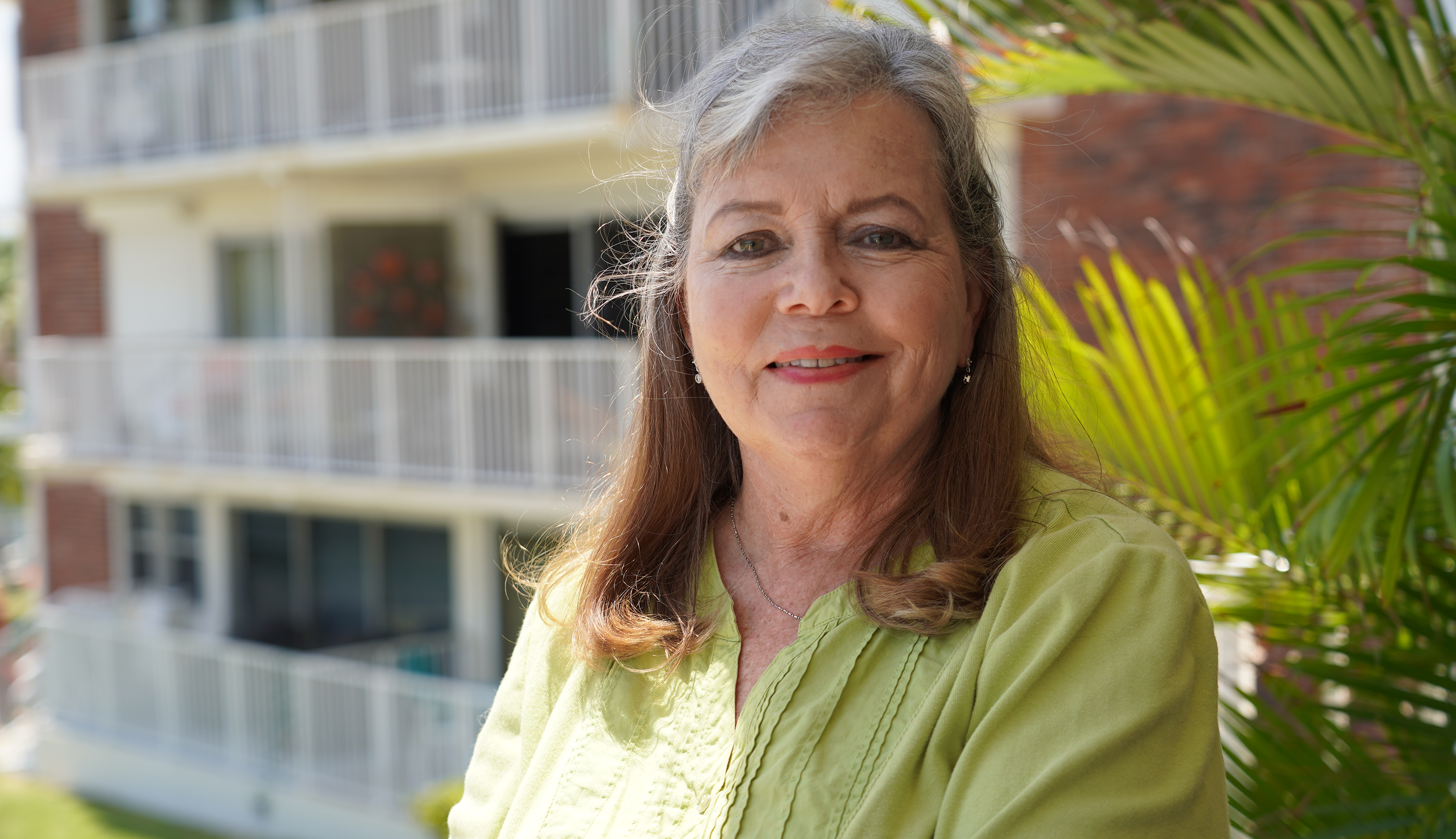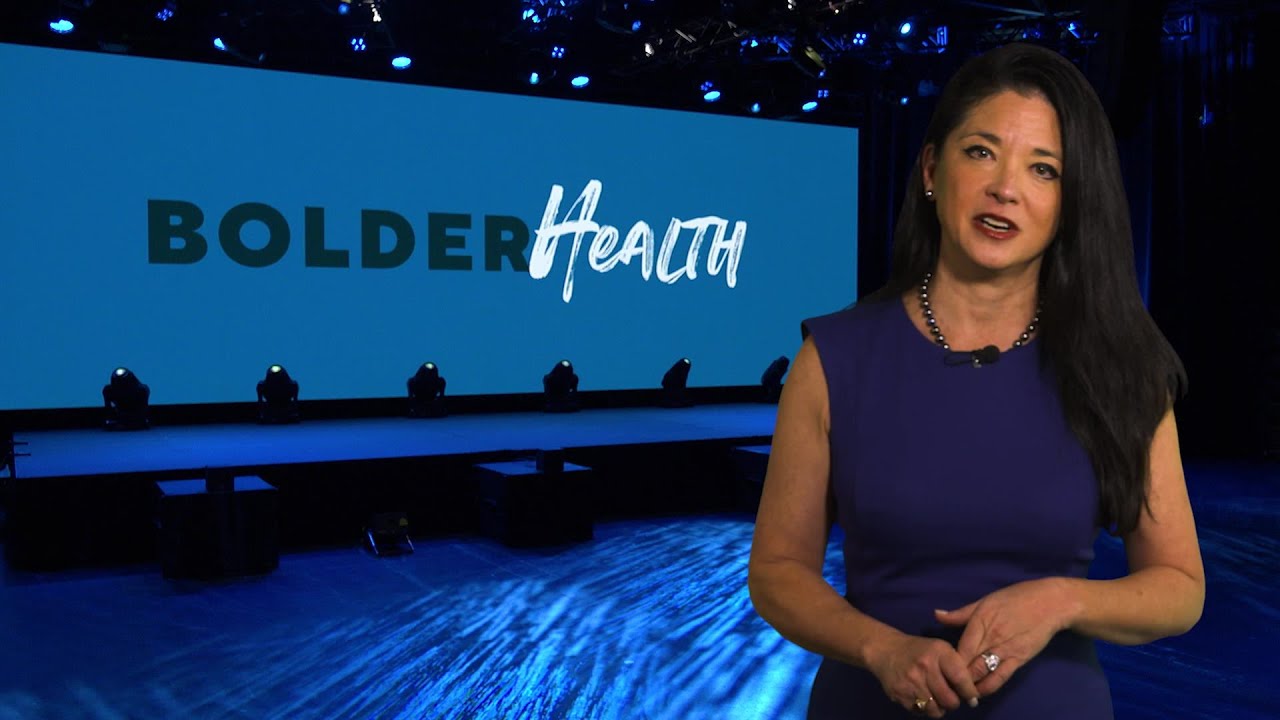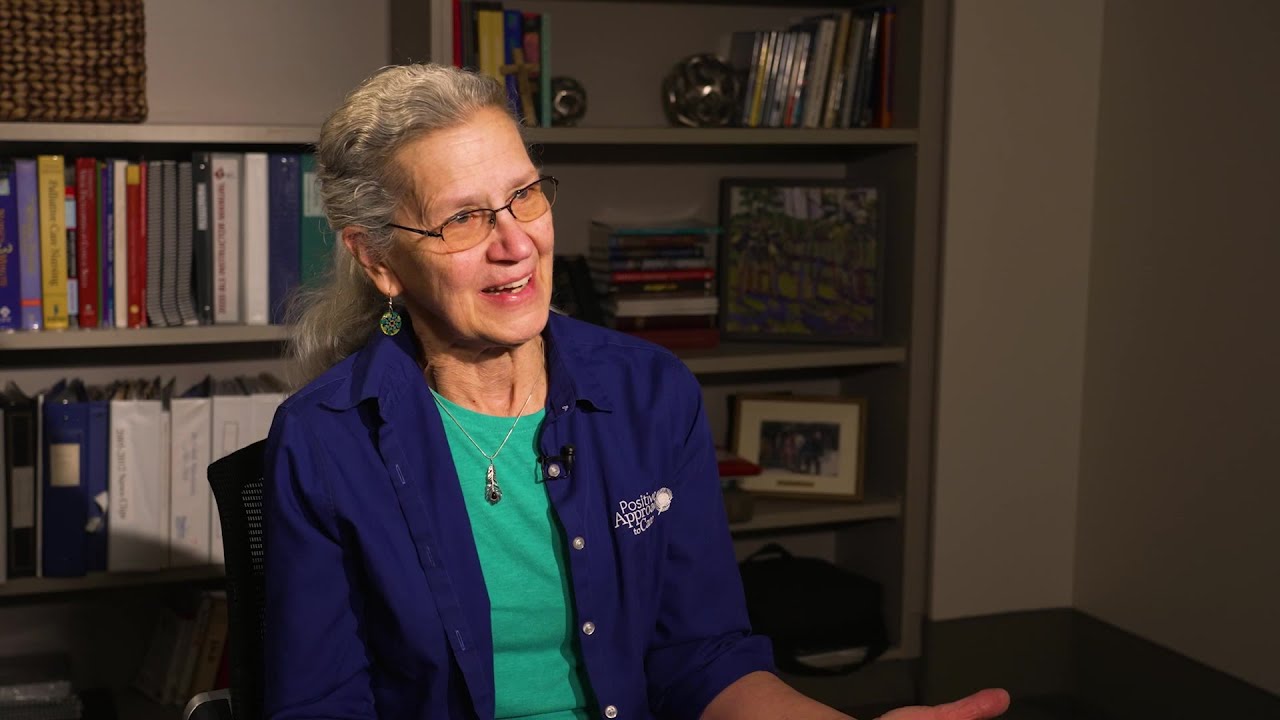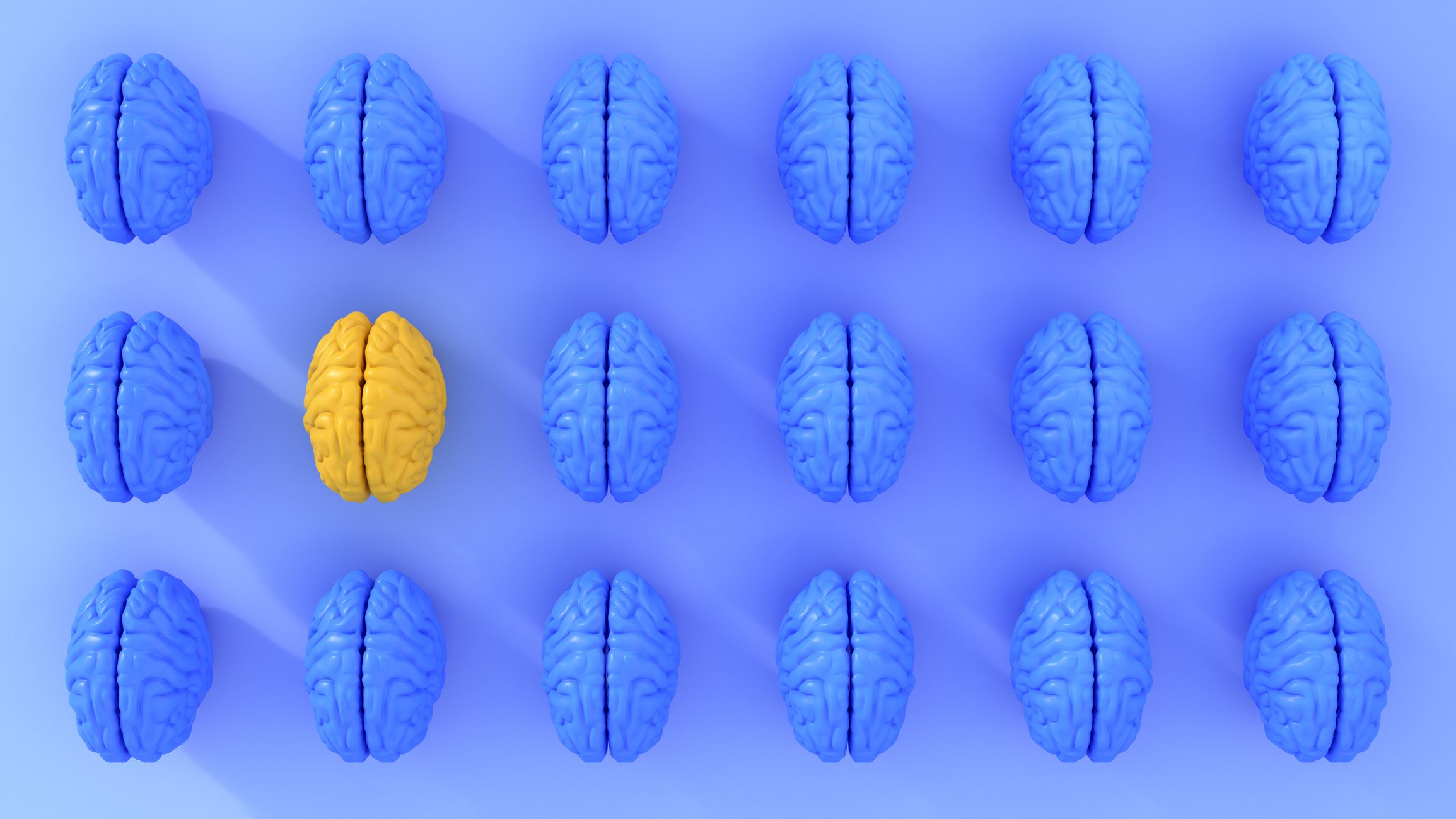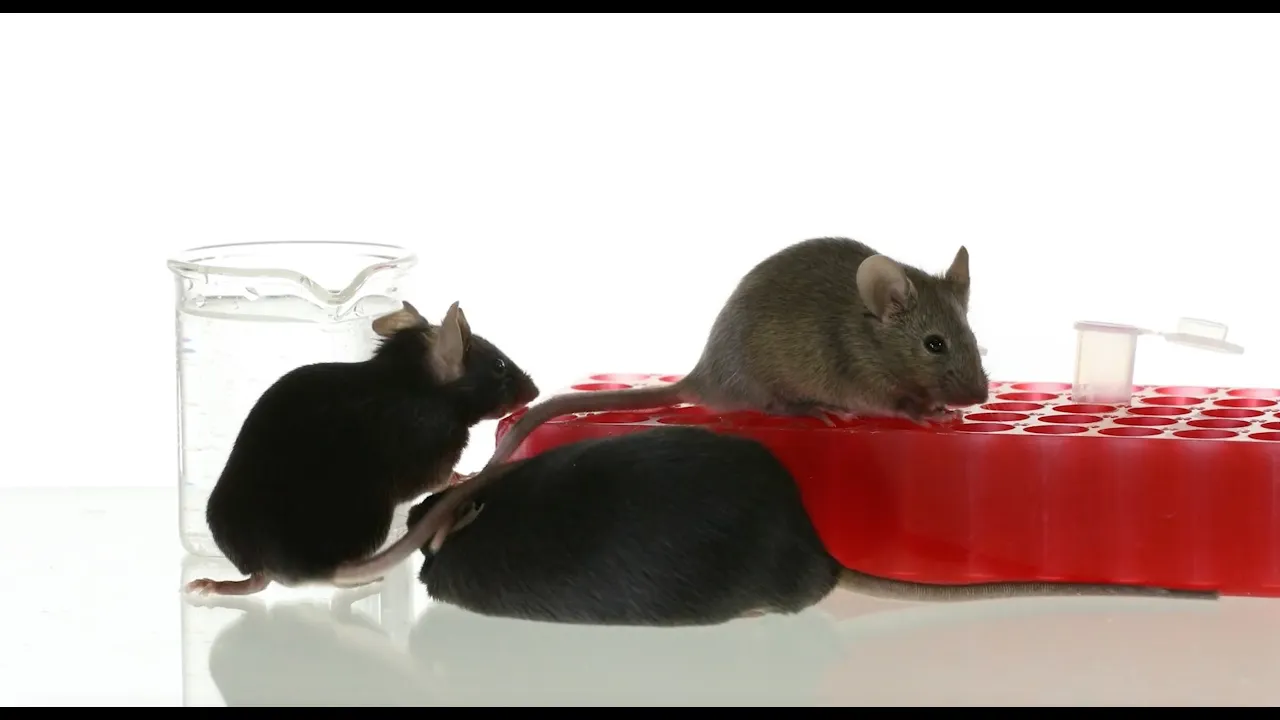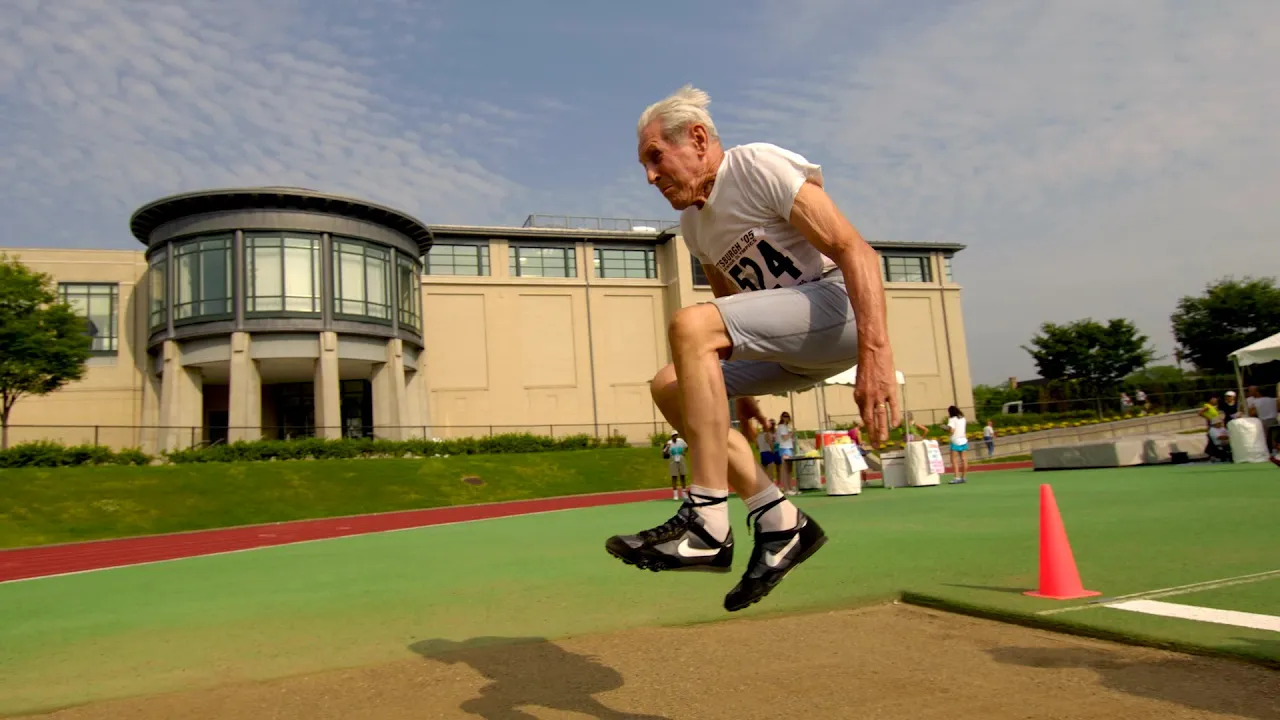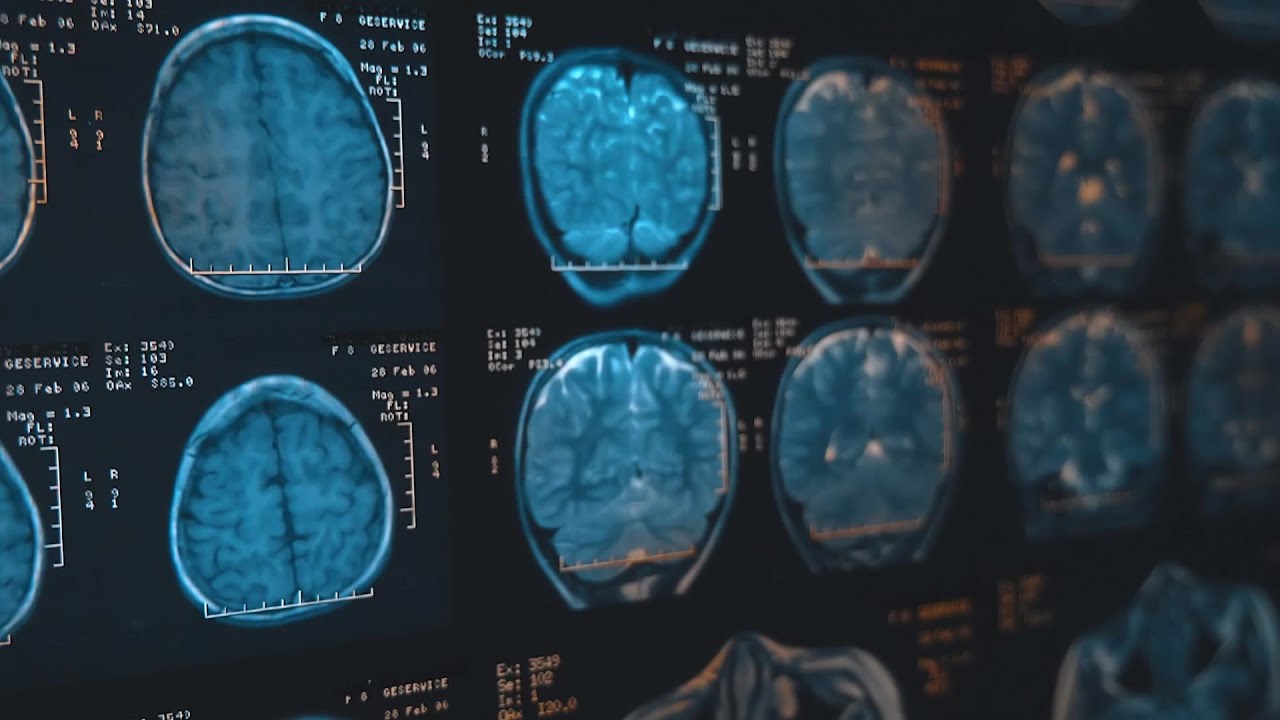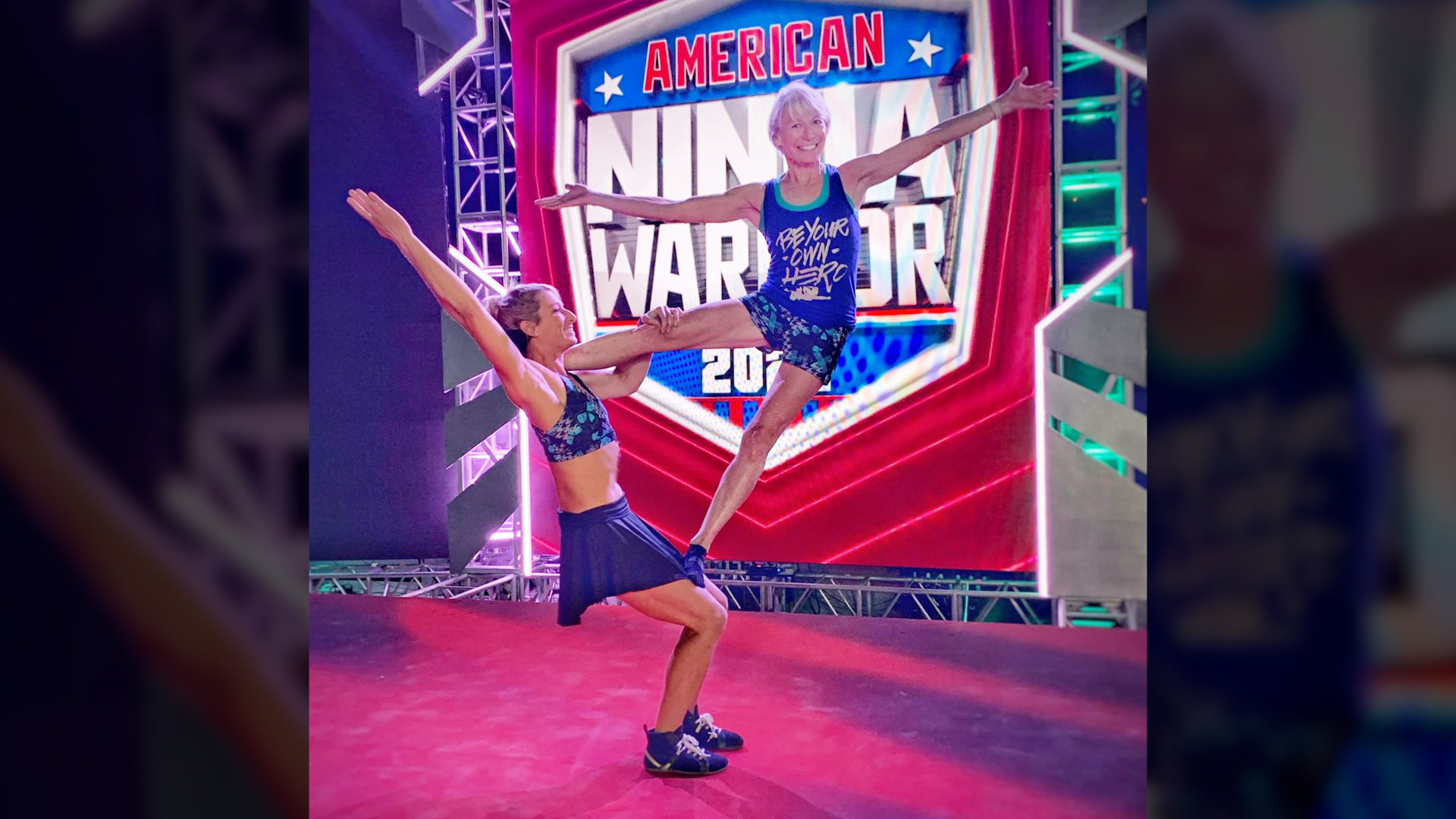Lynn Fitzgerald wasn’t expecting a health crisis to derail her life in her 60s. She was thoroughly enjoying the gift of time that our later years can bring, helping her daughter by watching her three grandkids.
“But when I had the stroke, that was it,” Fitzgerald recalls.
Three weeks in the hospital were followed by rigorous rehabilitation, in-house therapy, and then appointments for outside therapy. Making matters even more difficult, Fitzgerald required transportation for her treatments which would eat up her family’s time and energy.
“It took all day for my husband because he had to drive me 40 minutes there, wait two hours, and then drive me 40 minutes back,” Fitzgerald explained.

The process was draining for her family, until a physician at one of her therapy sessions enlightened Fitzgerald about a benefit she didn’t know she had.
“A doctor asked me, ‘Do you need a ride? We will call you a ride with Uber.'”
” I didn’t know it was available. It’s so convenient, and I don’t pay for it. It’s covered in my insurance,” Fitzgerald explained. “We started to use Uber for my doctors’ visits. It’s helped, for myself and Michael, my husband, to have freedom.”
Uber isn’t just a life-changing transportation service; it’s also a much-needed solution for the delivery of groceries, medications and more.
“My medication is right in the doctor’s office. I just call up an order and they’ll deliver it by Uber delivery service.”
There is a growing problem facing the U.S. when it comes to accessibility to medical care for older adults, which spurred Uber to examine the ways their technology makes healthcare simpler.
“We talk a lot about the amount of care in this country that is delayed or foregone simply because of transportation issues. It can be almost six million people a year and there are places where 30% of their appointments are just missed for transportation reasons,” says Joshua Sclar, Chief Clinical and Public Health Advisor at Uber Health.
“For folks who not just have traditional transportation barriers in terms of being able to drive to an appointment, but also things like where is the parking going to be and is that going to present an accessibility challenge? Is it going to involve driving after dark? I think Uber is a great solution for those kinds of problems.”
Since adapting their transportation routine with Uber, the Fitzgerald family has been given back their peace of mind and freedom to spend their time how they prefer. Lynn is back to taking care of her grandkids every Saturday night, looking forward to the joy and excitement they bring to “Nanny” and “Pop Pop.”
Fitzgerald hopes her story inspires others to examine if Uber is covered under their benefits and to keep an open mind about the potential the future might hold even in the face of a health scare.
“You have to stay positive and you have to keep moving,” Fitzgerald urges. “It’s easy to sit on the couch and just put the remote in your hand and click away. You have to try and get out.”


